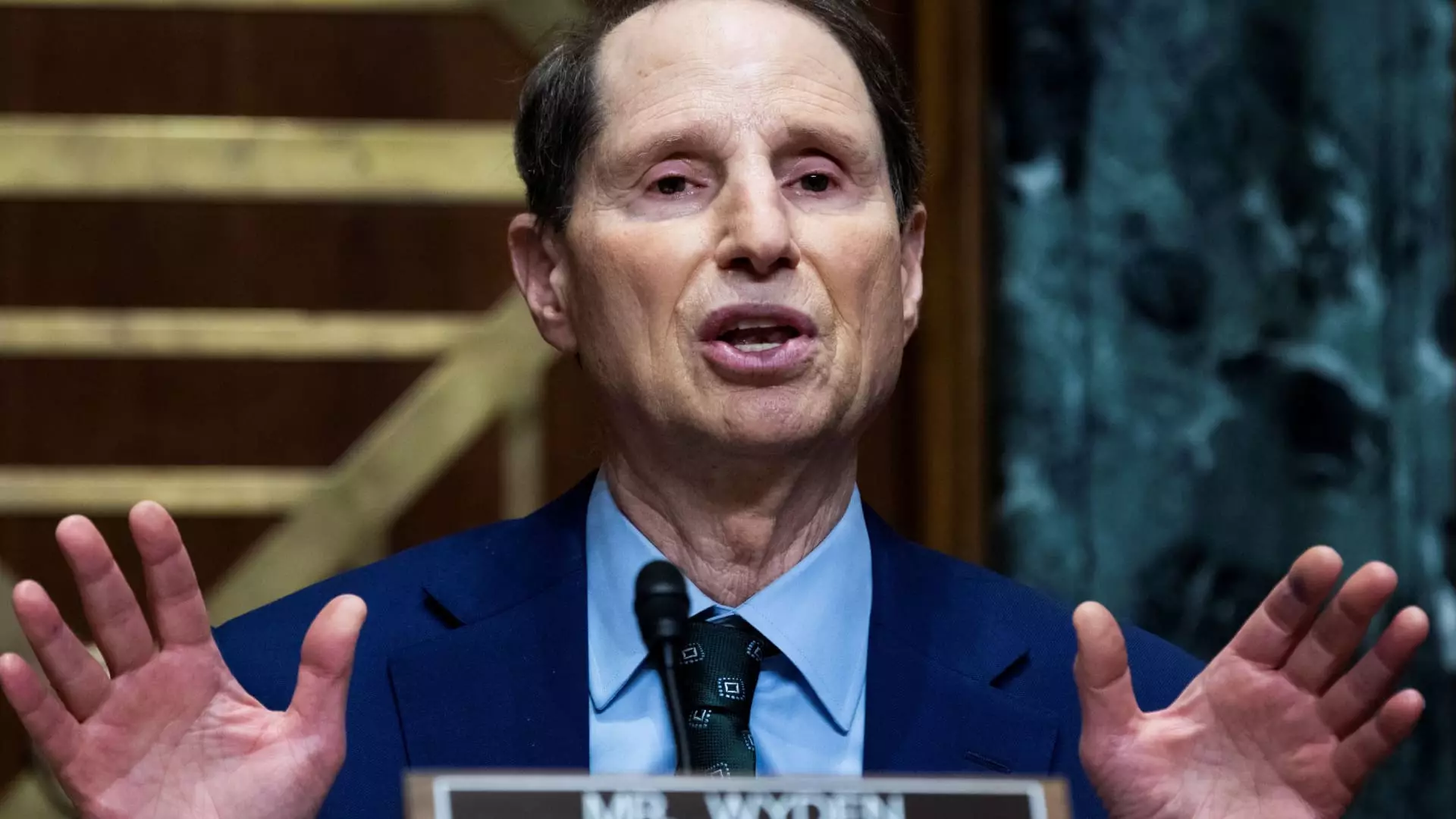The Tax Cuts and Jobs Act (TCJA), enacted in 2017 during the Trump administration, significantly reshaped the American tax landscape. While it introduced various provisions aimed at stimulating economic growth through substantial tax cuts, many of these modifications are set to expire after 2025 unless lawmakers take action. This impending sunset on fundamental tax breaks is stirring a complex debate among legislators regarding fiscal responsibility and economic prioritization. As we approach this crucial deadline, the implications for families and small businesses cannot be overstated.
Tax provisions that are in danger of expiring include lowered federal income tax brackets, increased standard deductions, enhancements to the child tax credit, and more favorable gift and estate tax exemptions. Additionally, the 20% tax deduction for pass-through entities—small businesses that are taxed at the owner’s individual tax rate—also faces potential obsolescence. Estimates from the Tax Foundation indicate that if these provisions expire, over 60% of tax filers could see an increase in their overall tax burden. The ramifications of such changes could be detrimental, particularly for the middle class, which Senate Finance Committee Chairman Ron Wyden has described as a critical concern for both the federal budget and American families.
One of the provisions under significant scrutiny is the Qualified Business Income (QBI) deduction, beneficial for almost all small businesses. Designed to offer up to a 20% deduction from eligible revenue, this ability to reduce taxable income is crucial for many entrepreneurs who operate as sole proprietors or through partnerships. Organizations representing small business interests are advocating for the permanence of the QBI deduction, arguing that it has been vital for the sustainability of their operations. Jeff Brabant from the National Federation of Independent Business highlighted the continuous challenges faced by small businesses, including market fluctuations and the lingering effects of the COVID-19 pandemic. A retraction of these tax cuts could present tremendous challenges at a time when entrepreneurs are still struggling to regain their footing.
Another substantive provision up for debate is the child tax credit and its potential expansion. The American Rescue Plan significantly increased the child tax credit, providing much-needed financial relief that positively impacted low- and moderate-income families. Direct monthly payments helped reduce child poverty to a historic low; however, this progress is now at risk of reversal. As the temporary measures are set to expire, experts warn that childhood poverty rates could rebound, having previously surged after pandemic-related benefits lapsed. Advocates for the child tax credit, including Indivar Dutta-Gupta from Georgetown University, emphasize its critical role in enhancing the economic stability of families and argue that its reinstatement is essential.
Despite the pressing need for these tax provisions, lawmakers face substantial challenges that complicate the discussions around their renewal. The growing federal budget deficit, exacerbated by increasing national debt—which stood at an astonishing $35.3 trillion—poses significant hurdles. The current administration has already incurred over $1 trillion in interest payments this year alone. Stakeholders, including economic experts, have expressed concerns about prioritization under such financial constraints. Kent Smetters from the University of Pennsylvania encapsulated the sentiment, likening the fiscal situation to a house on fire where the debate is centered on less crucial issues.
As the clock ticks down toward 2025, the call for lawmakers to act on these crucial tax issues becomes more urgent. With competing priorities and a complex political landscape, finding common ground may be challenging. Nevertheless, addressing the preservation of essential tax provisions such as the QBI deduction and the child tax credit will be paramount in safeguarding the economic interests of millions of Americans and ensuring that the financial security achieved through temporary relief measures does not slip away. The implications of these conversations extend far beyond fiscal figures; they influence the day-to-day lives of individuals and the economic well-being of countless families and small businesses across the nation.

Leave a Reply